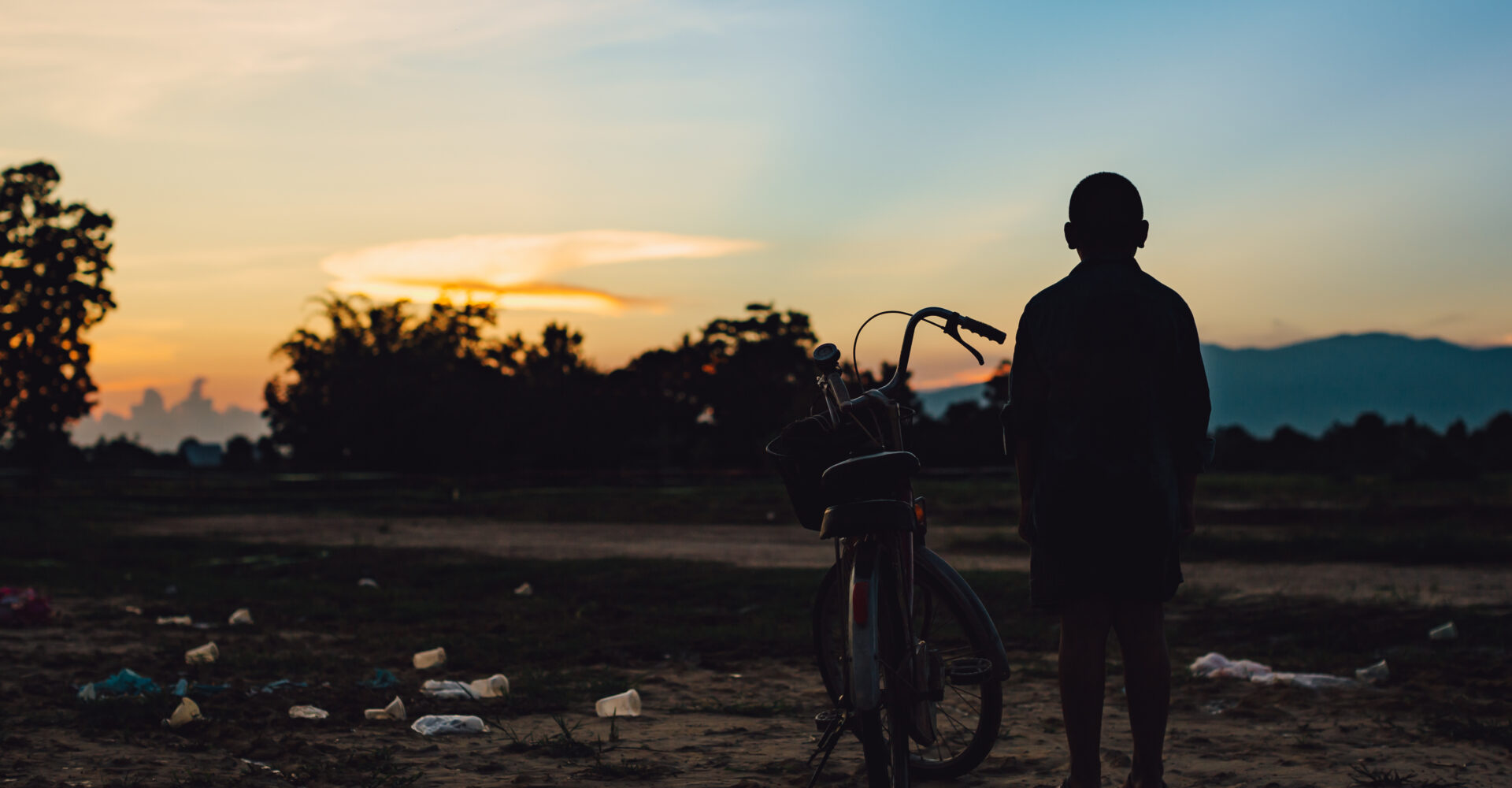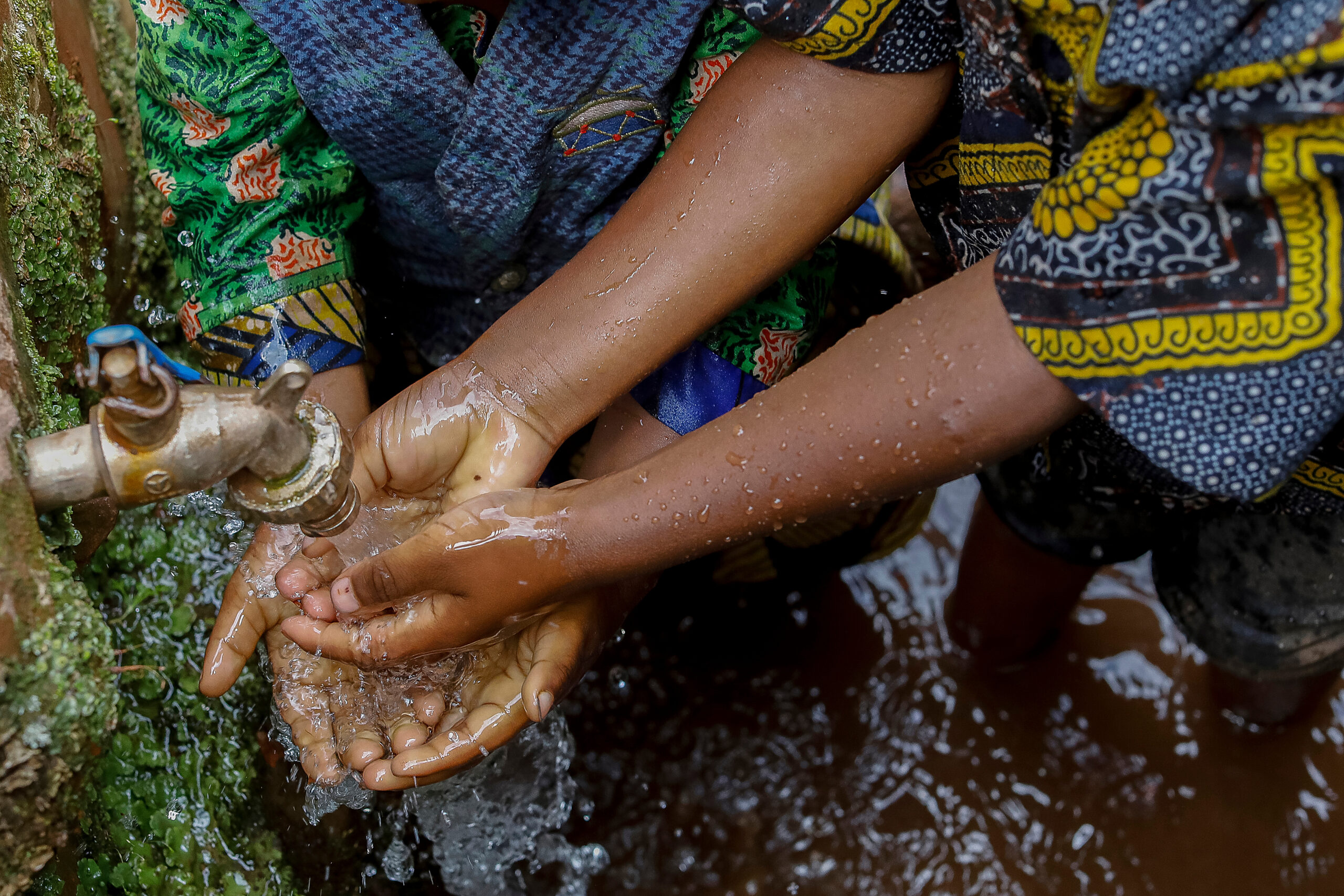
BB Energy Foundation in Rwanda
Discover how we are working to empower women and children in Rwanda through our strategic partnerships.
Rwanda, with a population of approximately 14 million and a low Human Development Index (HDI) rank of 0.534, is a small, landlocked country known for its hilly terrain and fertile lands. It shares borders with larger neighbours that include the Democratic Republic of Congo, Tanzania, Uganda, and Burundi.
The country has made significant strides in economic and structural reforms, supported by international institutions like the International Monetary Fund and the World Bank. However, the COVID-19 pandemic posed a threat to its steady economic growth.
Politically, Rwanda has maintained stability since the 1994 genocide against the Tutsi, with President Paul Kagame securing re-election in 2018. Economic aspirations include achieving Middle-Income Country status by 2035 and High-Income Country status by 2050, underpinned by National Strategies for Transformation (NST) and alignment with the UN’s Sustainable Development Goals.
Improvements in health, gender equality, and education have been notable, with Rwanda achieving gender parity in primary and secondary education and significant female representation in parliament. However, challenges such as gender-based violence persist, requiring ongoing efforts to address societal norms and stereotypes.
While Rwanda has made remarkable progress in various aspects of human development, continued efforts are needed to sustain growth, address economic challenges, and ensure the well-being and empowerment of all its citizens.

